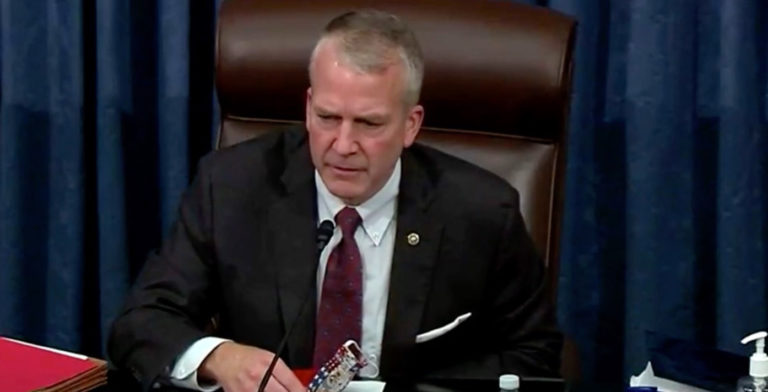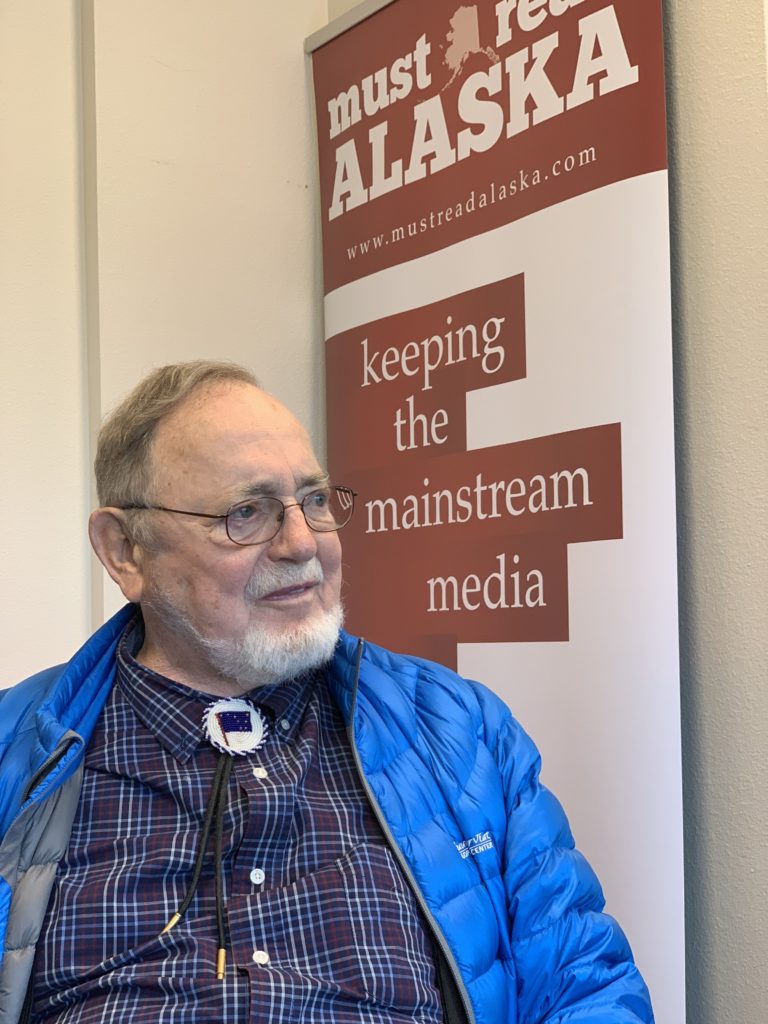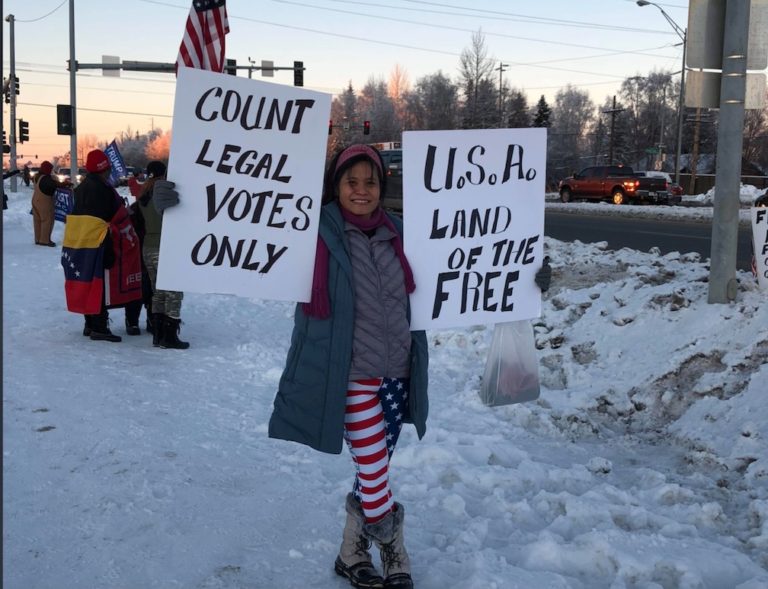Bureau of Land Management Alaska will publish a notice Tuesday calling for nominations and comments on 32 tracts covering all 1.6 million acres of the Coastal Plain along the Arctic National Wildlife Refuge to consider in its upcoming Coastal Plain oil and gas lease sale.
The Washington Post said officials are aiming “to sell drilling rights to the pristine wilderness’s coastal plain before the president-elect takes office.”
“The move would be a capstone of President Trump’s efforts to open up public lands to logging, mining and grazing — something Biden strongly opposes,” The Post reported. “A GOP-controlled Congress in 2017 authorized drilling in the refuge, a vast wilderness that is home to tens of thousands of migrating caribou and waterfowl, along with polar bears and Arctic foxes.”
The notice announces a 30-day period in which parties may nominate or comment on tracts proposed in an upcoming oil and gas lease sale. The BLM Alaska State Office said in a press release today the deadline for input is Dec. 17.
Bloomberg News quoted David Hayes, a former deputy secretary at the Interior Department who is part of the Biden transition team:
“Everyone has to be vigilant over the next 60-odd days because the administration can create more work for the people coming in,” said Hayes, who now leads New York University’s State Energy and Environmental Impact Center. “They can take additional actions here that will put sand in the gears of the early Biden administration.”
“The 11th-hour regulatory race underscores the extent to which federal agencies are anticipating Biden’s swearing-in as U.S. president on Jan. 20 even as President Donald Trump refuses to concede the election. It also reveals a widespread effort by Trump officials to leave their imprint on federal policy and — at least temporarily — tie the hands of their successors,” Bloomberg reported.
The Post described the backlash that major companies might face if they dare touch the leases:
“Any company thinking about participating in this corrupt process should know that they will have to answer to the Gwich’in people and the millions of Americans who stand with us. We have been protecting this place forever,” Bernadette Demientieff, executive director of the Gwich’in Steering Committee, said in a statement to the Post. The reporter described her as someone “whose people have traveled with the caribou on the refuge for thousands of years.”
Earlier this year, five major banks announced they would not lend to any company drilling in ANWR. Morgan Stanley, Wells Fargo, Goldman Sachs, JPMorgan Chase, and Citigroup all took the side of the environmental industry.
But smaller companies might be willing to take the risk against the expected backlash. Some Alaska Native corporations are interested.
Arctic Slope Regional Corporation, a major company in Alaska and an Alaska Native corporation, has favored a lease sale, and in a statement in September says it strongly believes “exploration and production can incorporate cultural and environmental protections while providing for the nation’s energy security. This economic driver will provide opportunities for our people and our region, as well as the rest of the state and nation for years to come.”
After the December deadline, a Federal Register Notice of Sale that considers this input, solicits bids, and announces the lease sale date will be published at least 30 days prior to the sale date.
“Receiving input from industry on which tracts to make available for leasing is vital in conducting a successful lease sale,” said BLM Alaska State Director Chad Padgett. “This call for nominations brings us one step closer to holding an historic first Coastal Plain lease sale, satisfying the directive of Congress in the 2017 Tax Cuts and Jobs Act and advancing this administration’s policy of energy independence.”
The opening of ANWR came with the 2017 Tax Cuts and Jobs Act, passed by Congress and signed into law by President Trump Dec. 22, 2017, a year after he was elected. The first Coastal Plain oil and gas lease sale will offer at least 400,000 acres of high-potential hydrocarbon lands for bid.
For 30 years prior, ANWR’s coastal plain, which had been set aside for oil and gas development, was undeveloped as environmentalists, presidents, and congresses failed to act, in spite of numerous efforts by Alaska’s congressional delegation.
A map showing potential lease tracts and additional information is available at the BLM Alaska Oil and Gas Lease Sale web page.











